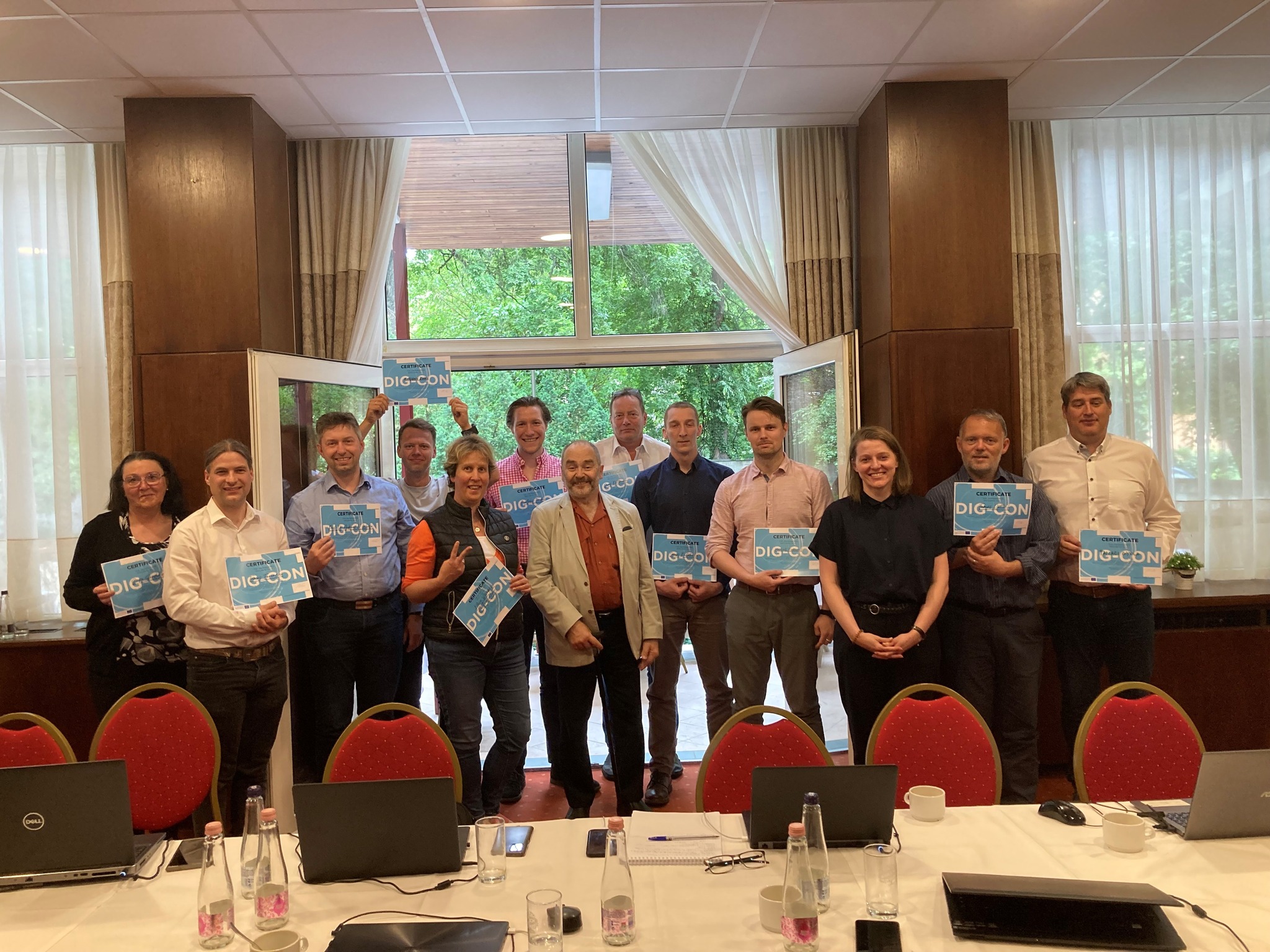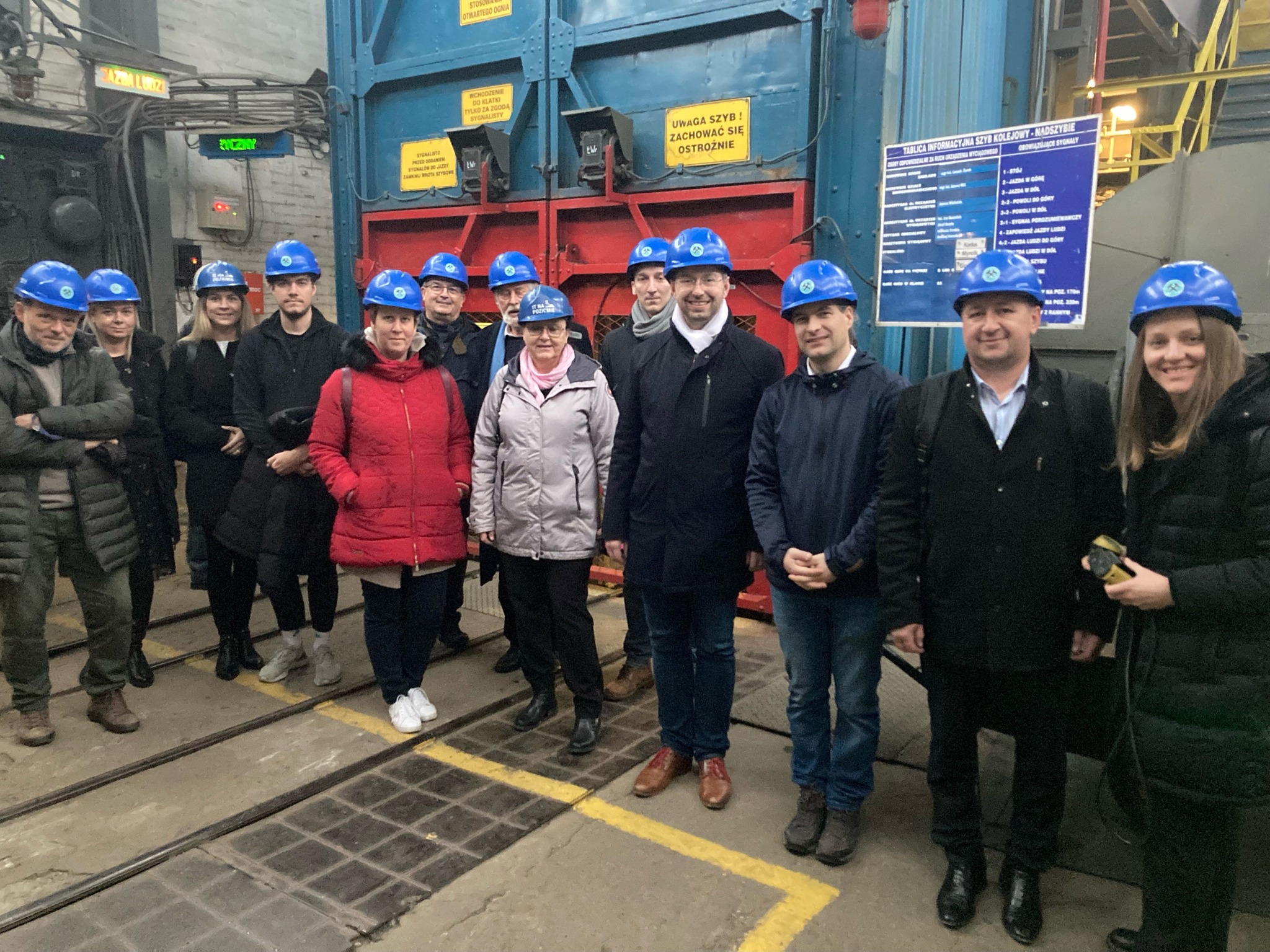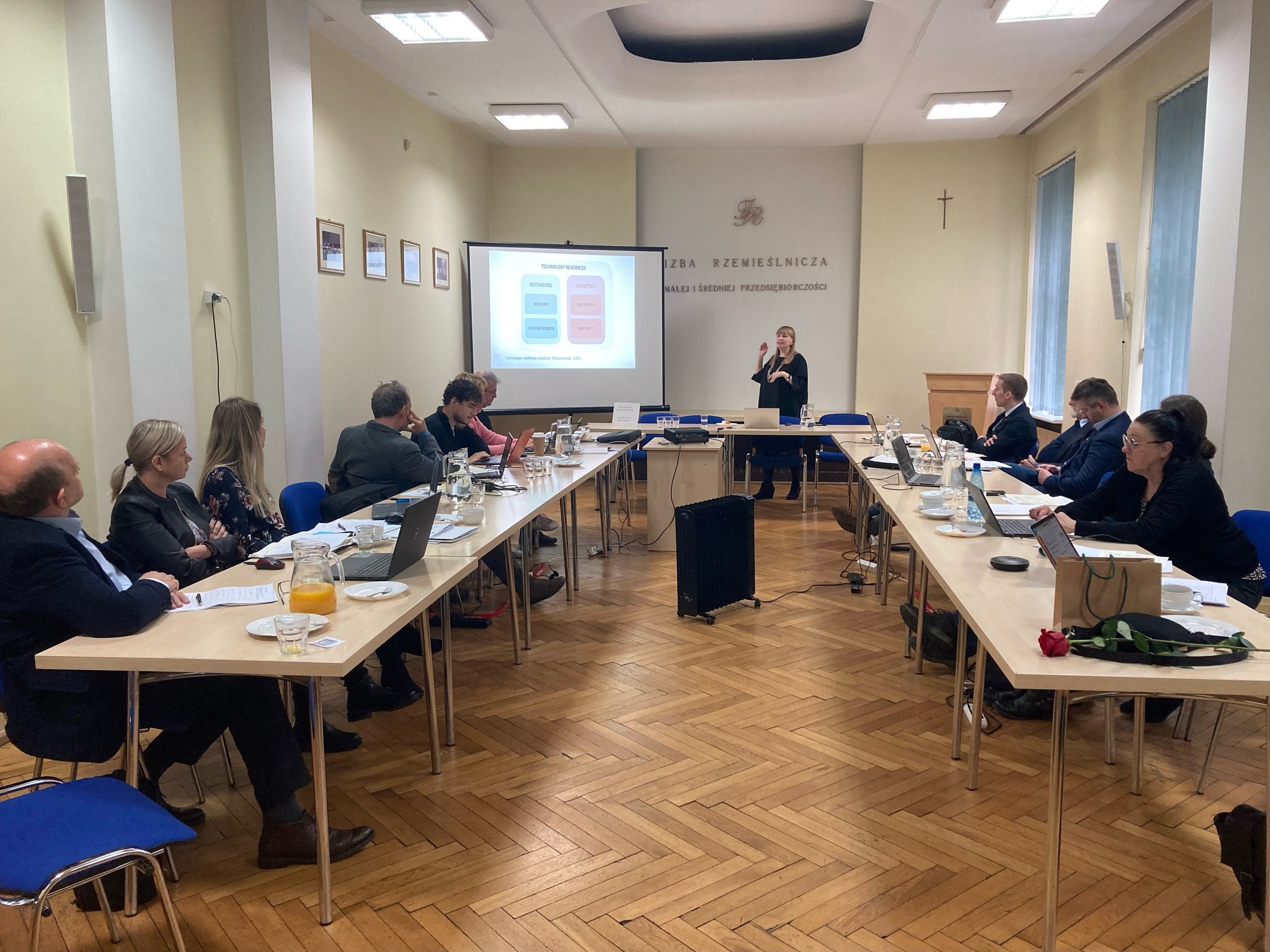Register now for our online conference!
It’s time to register! Discover how digital technologies can boost efficiency, reduce costs, and enhance collaboration in construction. Join our free online conferences and gain access to practical solutions and training programs tailored for SMEs.
Secure your spot now and click on the button below
Our Targets

Digital-
Transformation
The digital transformation in small and medium-sized enterprises (SMEs) in the construction industry should be demand-oriented, fast and productive, so that as many SMEs as possible use digital technologies and tools in all areas and activities in their companies.
Collaboration Technology
The use of digital technologies and tools is intended to facilitate collaboration between all parties involved in the construction process – from planning to execution.
Quality and sustainability
The efficiency, quality and punctuality in the construction industry are to be improved. Environmental and sustainability aspects are also to be included in digital planning, for both new construction and renovation.
Securing skilled Labour
The attractiveness of vocational training and employment in the construction industry is to be increased in order to meet the already very high and growing demand for qualified skilled workers and contractors in this sector.
Results
Our project tackles digital transformation, cooperation, and skills gaps in construction, equipping SMEs with cutting-edge training and best practices. Discover how digitalization is transforming the industry through our six key results.


Funded by the European Union. Views and opinions expressed are however those of the author(s) only and do not necessarily reflect those of the European Union or the European Education and Culture Executive Agency (EACEA). Neither the European Union nor EACEA can be held responsible for them.











